India is becoming a very large start-up ecosystem: Akshaara Lalwani
In the last 10 years, PR has taken a different dimension, especially after the entry of social media and the rapid shift to digital during the pandemic period. At the same time, the industry has been facing stiff challenges, moreover client expectations have also increased, with more emphasis being given to digital and online reputation management. The industry has undergone a radical shift and the current times have pushed the industry to change gears.
In an interaction with Adgully, Akshaara Lalwani, Founder & CEO of Communicate India, shares her insights on founding and leading a public relations agency, the importance of resilience, and persistence, PR as a marketing function, and more.
What do you consider to be the most important qualities for success as a founder and CEO of a public relations agency, and how do you cultivate those qualities in yourself and your team?
I think as a team member, and as a founder, you require similar but different qualities. Firstly, as a founder there are a couple of qualities that are very important. You need to be very passionate about what you do because for the first couple of years, you are not going to be making much money or at least you don’t anticipate the fact that the first year you are going to make a jackpot.
It’s a more long term game that you are playing. So, to be able to sustain something long term, and wake up every morning to eat with the same passion and zeal. I think the second rule is the 10,000 hour rule. It’s no rocket science, you can read what other entrepreneurs say, to really become very good at your job. There’s going to be trial and error, there’s going to be failure, there’s going to be rejection, there’s going to be some successful projects, some not so successful. So, a very important quality of one being a successful professional and a successful founder is resilience, and persistence. I don’t think entrepreneurship is for everyone unless you really are happy to put in long hours initially into your career. You also need to be a good executor and a great team player.
Second most crucial aspect is proactiveness. Every customer wants great customer experience and that comes from doing a lot of research and understanding their business. It is very difficult to replicate the level of understanding they have of their own business but as close as you could get to that, and effectively being able to be proactive and get them to desired results without them having to chase or follow up.
How do you see the future of public relations evolving, and what new trends or technologies do you think will have the biggest impact on the industry in the years to come?
I’ve always been a believer that we don’t run a PR agency, we run a marketing agency. The reason I say that is because I realised that all the fields of marketing converge. It’s extremely important to understand how all different methodologies of marketing work, how PR works, how collaborations work, how events work, how content writing works. How do businesses operate and investor relations work? So, I think the PR ecosystem is not going to be standalone, it’s definitely more integrated. The second thing I feel is ChatGPT will make the life of agencies a lot easier, but also challenging as it is very content intensive. So, there’s a lot of content being churned out and, therefore, something like a ChatGPT with speed in research, can give you very quickly summarised research reports. But at the same time, the ability to ensure here is no job plagiarising is also a combination of human and machine learning and bringing the best of both worlds, and not using it to completely do a cut-copy-paste job.
It’s about how well you can harness the potential and not supplement it. People, unless we are very skilled at our job, have a higher chance of being retargeted. But I also do think that consistently upscaling is extremely imperative in the marketing world – whether Google’s algorithm is changing or whether new platforms come up with new tools to be harnessed and data is becoming critical. Because people are looking at marketing as though the rate of return on their investment.
Could you share an example of a particularly challenging project or client, and how you overcome those challenges to deliver successful results?
India is becoming a very large start-up ecosystem. Whenever you are doing marketing for the first time, there is no understanding of what exactly the expectations are. What’s going to give you immediate ROI, what is a bit of a slow burner, and that becomes challenging because the start-up that may have raised a million or two US dollars in funding is expecting instantaneous coverage or ROI on marketing or building a brand. There is a reason why Coca-Cola or Nestle or Apple continue to do marketing over the years, because some elements of marketing are more long.
That’s a bit of a slow bonus. So, setting expectations right in different spheres of marketing is extremely important. Also, matching the right talent pool with the right client is extremely important. You will be surprised at some people who are more passionate about the pharmaceutical industry, and some are more passionate about lifestyle. So, it really depends upon the person and the client.
One good case study was crisis communication, which we have done for Thomas Cook, and their marketing team, which was just brilliant. They had the UK counterpart, and everyone thought that the UK Thomas Cook went bankrupt is the one in India. This happened a few years ago, and there was a little bit of panic amongst the vendors. The client should be demanding, but more importantly, the servicing team has to kick in very quickly with the right strategy and what statement to go out with. Make sure you are in line with the client and understand what the client’s views are, make sure how you mitigate this and the agility to see through very effectively and quickly.
Because many times, we are dealing with crises with listed companies and for no fault of theirs, because of some miscommunication, or some completely different counterpart, their share price may get affected. Marketing is a very demanding job and each client is different. The challenges of a listed company versus a start-up are very different. Explaining to a start-up how marketing works, what’s going to generate ROI, is very different. The MNC listed companies are obviously much more seasoned when it comes to marketing and marketing as a function.
What advice would you give to someone looking to start a career in public relations, and how can they best prepare themselves for success in the field?
I believe firstly, if you are joining any field, if you are joining just for the joy of money and quick success, it is not going to happen. You should be willing to put in those hours, and the money will follow. I don’t think you chase the money from day one, you need to master your skills. I think a lot of young minds join because they see the lifestyle that CEOs or entrepreneurs live and that’s why they chase that dream, but it’s not an overnight success. It is always passion combined with those hours mastering your art, and then the money follows.


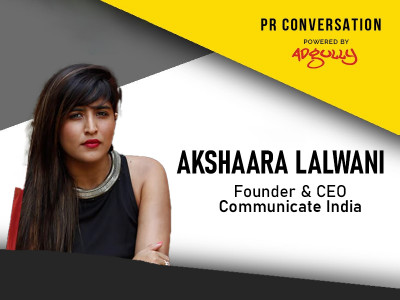
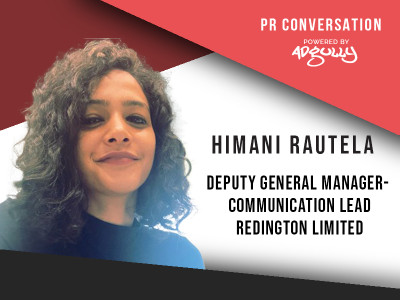
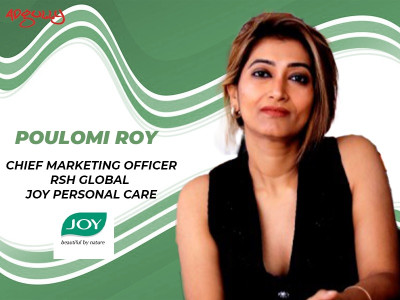




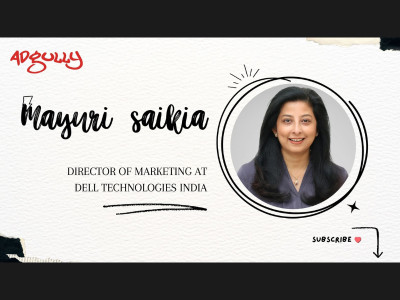
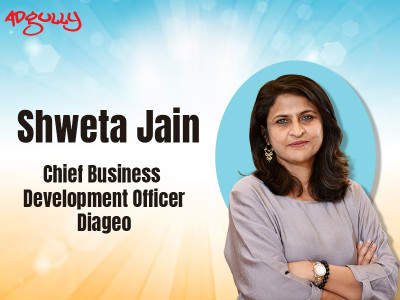
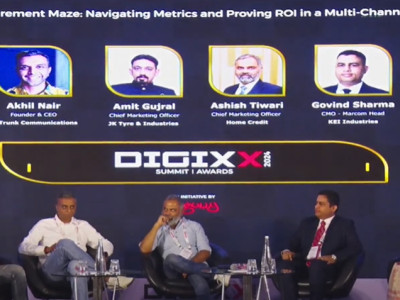

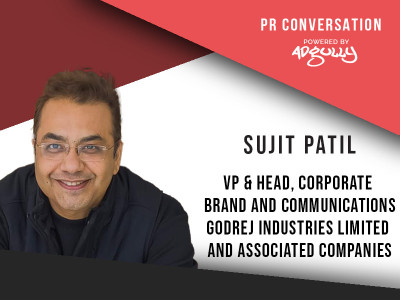



Share
Facebook
YouTube
Tweet
Twitter
LinkedIn